 Nathalia Rosa, Unsplash
Nathalia Rosa, Unsplash
CEPA FAIR 2022 - On-site events - 9 December - COP15
On-site events - 9 December 2022
- [8:30-9:30am] Commission for Environmental Cooperation (CEC)
- [9:30-10:30am] Fundación Suma Kausai Colombia (FSKC)
- [10:30-11:30am] Brahma Kumaris World Spiritual University
- [11:30-12:30pm] International Centre for Integrated Mountain Development (ICIMOD)
- [12:30-1:30pm] German Federal Agency for Nature Conservation (BfN)
- [1:30-3:00pm] CBD - Cartagena Protocol on Biosafety
- [3-5pm] Japan - Ministry of Environment, Japan Council for GBF (J-GBF)
- [5-6pm] BirdLife International
9 DECEMBER 2022 |
|---|
Commission for Environmental Cooperation (CEC)
Communicating Behavior Change in North AmericaGuests and panelists engaged in a discussion on enabling behavior change and public awareness among interconnected systems and networks. Speakers from across North America reflected about creative communications, innovation and research, community development, and behavior change.  Presentations
Monarch Blitz |

Fundación Suma Kausai Colombia (FSKC)
WAUSIKAMAS International Indigenous and Virtual University Foundation of the Equatorial ZoneSpeaker: Hernando Chindoy, University Expert in Indigenous Peoples, Human Rights and International Cooperation How can we address the Biodiversity and Ecosystem services crisis without the knowledge of the people that sustainably live and understand how nature flows in those few ecosystems that have survived the massive expansions of natural resource exploitation? Presentation
Wuasikamas
The Wuasikamas movement
|
Brahma Kumaris World Spiritual University
Holistic approaches for raising awareness and changing behavior – fostering harmonious consciousness and lifestyleReal change - major changes in the world and the life of an individual - occurs as a sequence of subtle shifts beginning with a change of awareness. A change of awareness affects one’s approach; one’s approach inspires a new vision. When one sees the world in a new way, one can no longer take the same actions as before; and new actions are the way to generate a new world. This subtle sequence is referred to as ''spiritual trajectory''. How is spiritual consciousness the basis of a personal transformation? Can spiritual consciousness facilitate collective decisions regarding policies and practices being implemented on a global scale? In this event panelists from different backgrounds: faith-based, indigenous, youth, academic and political share holistic methods to create awareness and behavior changes.
Brahma Kumaris: Website | Facebook | Instagram A Rocha International |
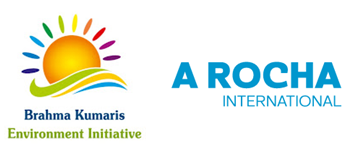
International Centre for Integrated Mountain Development (ICIMOD)
Communicating biodiversity: good practices in science, policy, and practice in the Hindu Kush HimalayaThis session provided a platform for the exchange of best practices on how to communicate biodiversity science to different target groups, including policymakers, indigenous and local communities, youth, and practitioners, from a group of experts from across the region and beyond. The event fostered discussions on the key enablers and barriers in communicating biodiversity science to targeted audiences and gathered suggestions on pathways for effective communication and awareness of biodiversity. 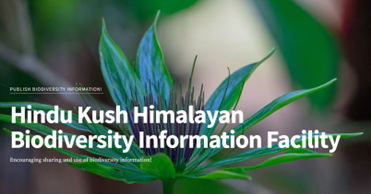
Presentations
Center for Indigenous Peoples' Research and Development (CIPRED) |
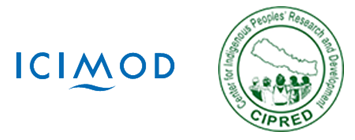
German Federal Agency for Nature Conservation (BfN)
Nagoya what?! Raising awareness about access and benefit-sharing amongst academic users of genetic resources
|

CBD Secretariat - Cartagena Protocol on Biosafety
Importance of Communication, Education and Public Awareness (CEPA) in the risk analysis processThe process of risk analysis takes into account risk assessment, risk management and risk communication. For an effective risk analysis process, the CEPA elements are key. Annex III of the Cartagena Protocol on Biosafety sets the principles for risk assessment of LMOs. It indicates that risk assessment should be carried out in a scientifically sound and transparent manner, and can take into account expert advice of, and guidelines developed by, relevant international organizations. Most countries with a National Biosafety Framework have procedures in place to ensure transparency of risk assessments. Transparency in risk assessment contributes to:
Similarly, most Parties to the Cartagena Protocol have systems in place that will enable them to undertake risk assessment of LMOs with support of either permanent or ad hoc committees, and very often, there is a need for capacity development on this area, to ensure that new and existing experts are familiar with known risk assessment methodologies, as well as with latest information that will support a scientifically sound risk assessment. Communication throughout the process is also important towards ensuring transparency and public participation. Therefore, there is a need to ensure that these elements, are well reflected on a biosafety system. The CEPA fair presented an opportunity for sharing information on the importance of the CEPA elements for the risk analysis process in support of the implementation of the CPB. Presentations
Biosafety Clearing-House (BCH) Cartagena Protocol on biosafety: Public awareness, education and participation Convention on Biological Diversity (CBD) |

Japan - Ministry of Environment, Japan Council for GBF (J-GBF)
The importance of strategic communication and promotion of institutional mechanisms for the Global Biodiversity Framework - based on the experience over the last decadeIn order to achieve the GBF, it is important to involve all government agencies and all stakeholders, tailor messages to the non-biodiversity community, and communicate in an organised and strategic manner, rather than one-off communication. This event shares the efforts and experiences of the past decade by UNDB-J in Japan and other parties and stakeholders, and discuss with diverse stakeholders how to build strategic communication until 2030, what are the challenges and what kind of support is required in order to contribute to GBF Section K (CEPA) and its implementation. Draft programme
Key messages

|

BirdLife International
The importance of the global biodiversity framework for implementing the right to a healthy environmentWhile 80% of UN Member States already recognise the right to a healthy environment (R2HE) in their constitutions, laws or regional treaties, until the past year the right had no universal recognition and it is inadequately implemented. Now that the right to a clean, healthy and sustainable environment has been recognised as a universal human right, with overwhelming support for UN General Assembly Resolution 76/300 in July following a UN Human Rights Council resolution in October 2021, the global biodiversity framework must both recognise and help deliver this right. Representatives from a broad coalition of Parties, UN agencies and 1350 civil society groups discuss why they mobilised behind the global call for the UN recognition of this right, its relevance to the CBD’s Vision of living in harmony with nature, and how this should now be reflected in the GBF. 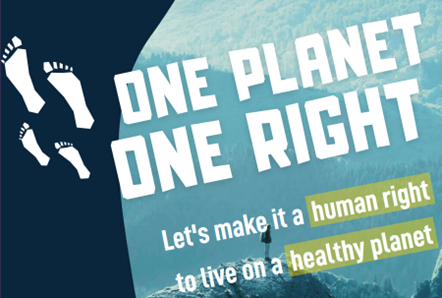
BirdLife International: Website | Twitter | @BirdLife_Policy BirdLife International Camapaign: One Planet One Right The Global Recognition of the Right to a Healthy Environment |
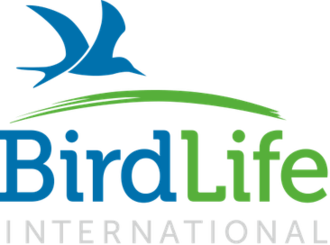
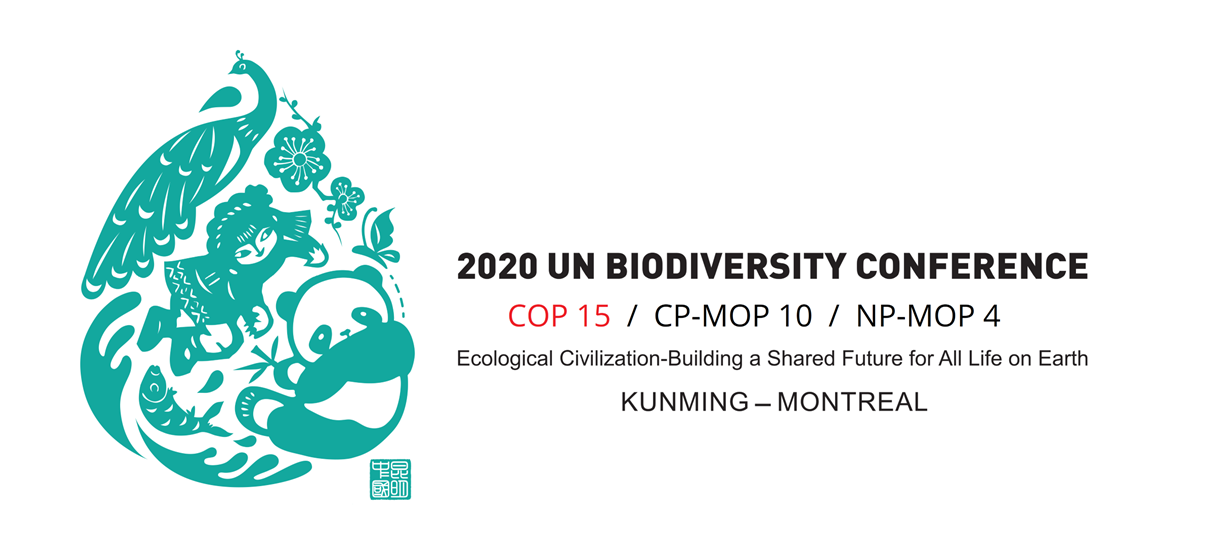
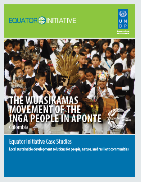
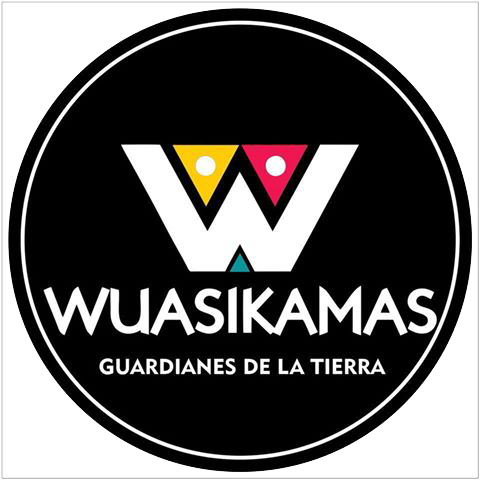
 The Nagoya Protocol and obligations around access and benefit-sharing (ABS) can be complex even for experienced professionals. The Germany Nagoya Protocol HuB project helps scientists and researchers understand how to legally access genetic resources and supports them in ensuring fair and equitable benefit-sharing happens. The HuB Project focuses on user-friendly and interactive tools to communicate about ABS to make ABS accessible and understandable. Connecting with scientists in their “language” and in their communities enables them to follow ABS laws and support the 3 objectives of the convention. [
The Nagoya Protocol and obligations around access and benefit-sharing (ABS) can be complex even for experienced professionals. The Germany Nagoya Protocol HuB project helps scientists and researchers understand how to legally access genetic resources and supports them in ensuring fair and equitable benefit-sharing happens. The HuB Project focuses on user-friendly and interactive tools to communicate about ABS to make ABS accessible and understandable. Connecting with scientists in their “language” and in their communities enables them to follow ABS laws and support the 3 objectives of the convention. [